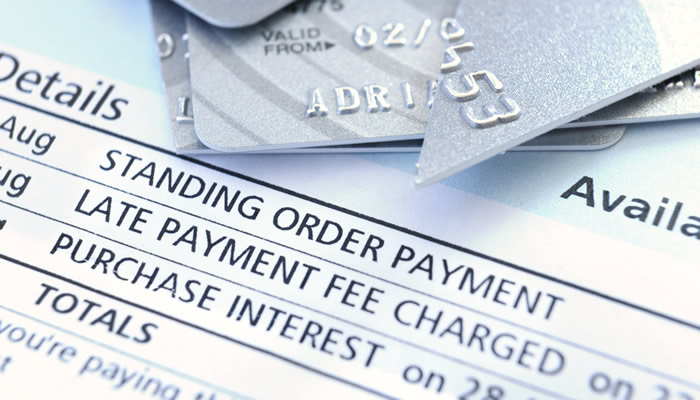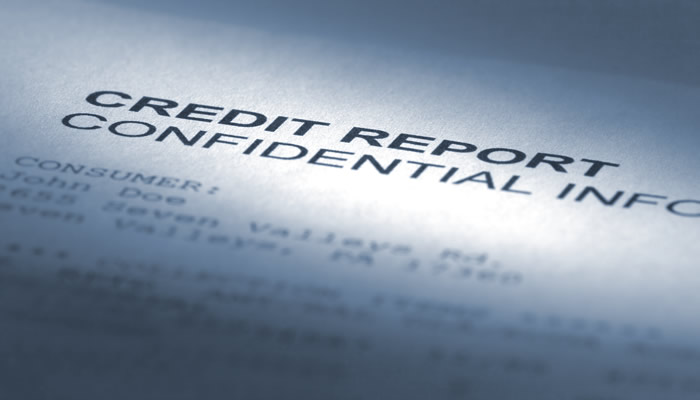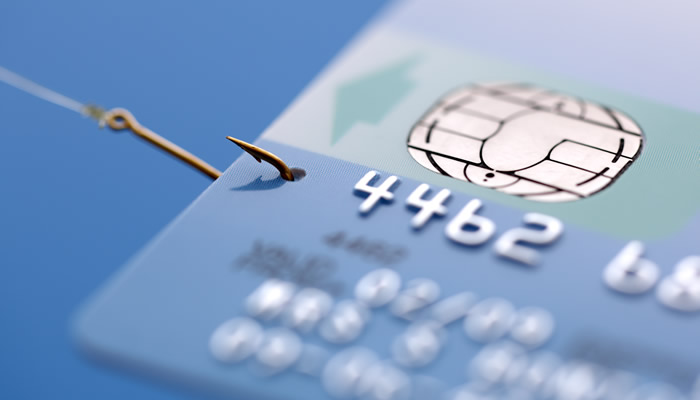How to Reduce Your Credit Card Costs
Credit cards are a great way to manage your cash flow, as long as they are used responsibly. If you regularly carry a balance on your credit card, watch out! It could take you years and cost hundreds – or thousands – in interest to pay off your outstanding balance. While credit cards can be costly, they don’t have to be. Here are a few ways to help reduce your credit card costs.

Look for Low Introductory Rates
Carrying a balance on your credit card can cost you an arm and a leg. If you fail to make the minimum payment, not only could you hurt your credit score, your interest rate may actually go up, costing even more to carry that monthly balance. With interest rates at 19.99% or higher on a typical credit card, it can take you quite a while to pay off your balance.
If you want to repay your outstanding balance, you might consider transferring your balance to a new credit card with a low introductory rate. Balance transfers are a great way to reduce debt and many cards offer 0% rates for up to 12 months. There can be fees associated with balance transfers, so be sure you understand how a balance transfer works and what to expect throughout the process.
Avoid Paying Penalties
Interest rates aren’t the only thing costly about credit cards – penalties can be expensive as well. Not only will some credit cards increase your interest rate when you miss a payment, they’ll ding you with late fees if not paid on time. Going over your credit limit is also a no-no – you’ll often pay a penalty for that, too. It’s important to take the time to review your credit card agreement for potential costs – the last thing you want is a nasty surprise in the form of a penalty when you least expect it.
Avoid Cards with Annual Fees
Today premium credit cards are all the rave. It seems like a new premium card comes out almost every month. While it may be tempting to get a credit card with your favourite NHL team’s logo on it, watch out for the annual fees. It’s important to consider the annual fees of a card before signing up. While you may receive a lower interest rate or higher reward points, is it really worth it if you’re shelling out $120 each year in annual fees? For big spenders annual fees may be worth it, but for everyone else it’s probably wise to stay clear of cards with annual fees.
Choose Rewards You’ll Value
There are hundreds of credit cards that offer rewards just for everyday spending. In fact, finding a credit card that doesn’t offer rewards is getting harder. There are many different credit cards with fantastic rewards to choose from – cash back, reward points, and travel rewards. Before you sign up for a credit card, it’s important to choose a card with rewards you’ll actually value.
We mention rewards here as they may be a way to help offset some costs you do incur over the course of a year. For example, if you choose a credit card that carries an annual fee, you might find the rewards earned outweigh the fee.
Since not all reward programs are created equal, pay attention to how many reward points or cash back you’ll earn per dollar spent as some credit cards offer better accrual rates than others.
Read the Fine Print
As a cardholder, it’s your responsibility to review the cardholder agreement. If you didn’t know your interest rate would go up because you were late on your payment because you failed to read your agreement, you’re most likely out of luck. Whether you’re a student with a credit card for the first time or you have a wallet full of credit cards, it’s important to review the agreement of each. Interest rates and penalties often differ between cards – you’ll never know if you don’t take the time to read the fine print.
The Bottom Line
Credit cards are a powerful tool when used properly. Issuers send you an agreement for a good reason – it’s in your best interest to review it. Ignorance is not an excuse. When you sign on the dotted line on a credit card application, you’re acknowledging you agree with the costs that go along with it. By taking the time to review the agreement, you won’t be caught off guard if you ever face penalties and fees.




